Standardizing and improving the capacity of communal-level civil servants to meet the requirements of operating two-level governments, ensuring the maintenance and improvement of the quality of education at preschool, primary and secondary levels is an important, urgent and long-term requirement for the education sector in particular, local governments at all levels and the entire political system in general.
Master Pham Thai Son - Director of Admissions and Communications Center - Ho Chi Minh City University of Industry and Trade: Digital transformation is the key to capacity building
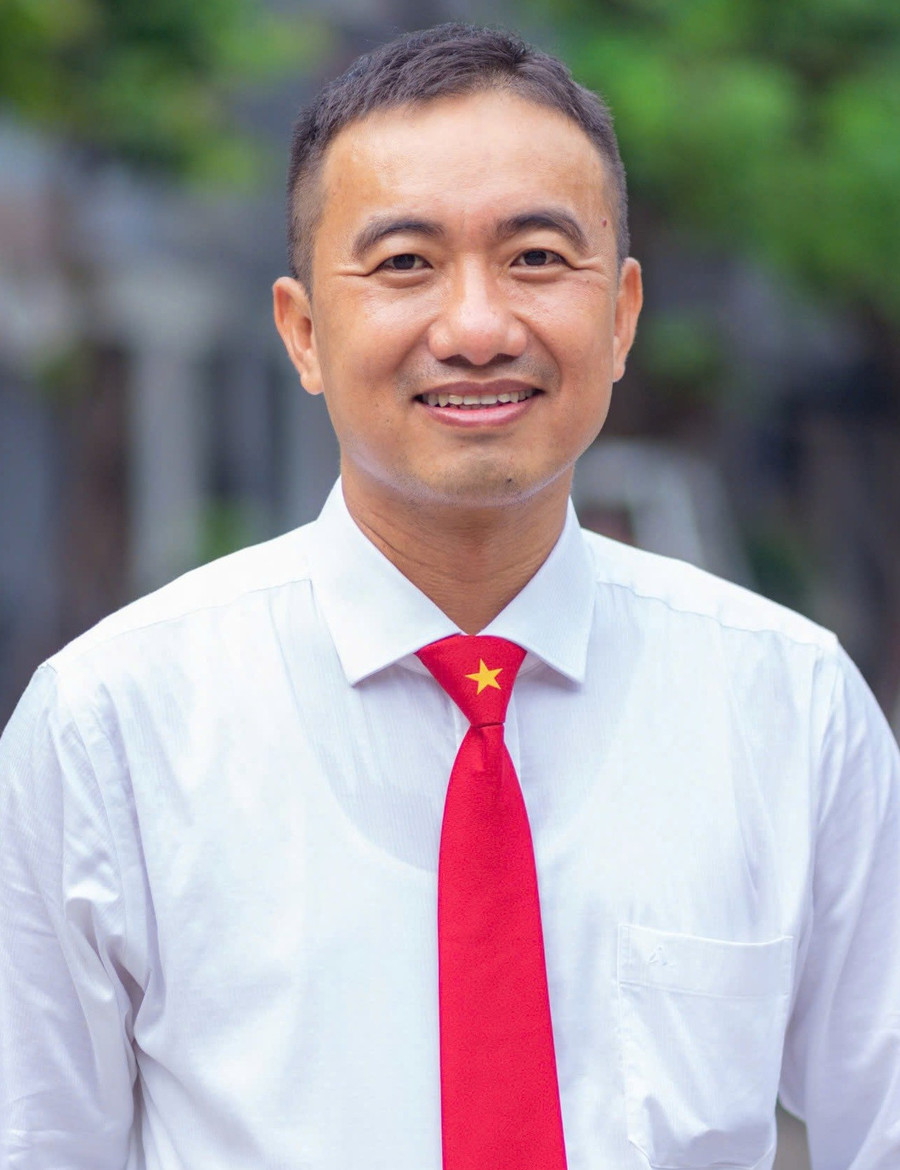
In my opinion, the administrative burden of documents and papers is a major obstacle, taking up most of the time and resources of education officials. Therefore, applying a shared digital platform in management is considered a "backbone" solution.
Imagine a system where student records, teacher profiles, and periodic reports are all digitized and centrally managed. Commune-level civil servants can retrieve, update, and aggregate data with just a few clicks, instead of hours of manual processing.
This platform not only helps reduce workload, but also makes data transparent, allowing for intuitive and effective monitoring of educational quality at kindergartens, primary and secondary schools.
However, for technology to be most effective, it must go hand in hand with people. I believe that digital transformation should be accompanied by regular training and development programs. Civil servants need to participate in practical training courses on modern education management and information and communication technology skills. Only then will they have the confidence and capacity to master new tools, turning technology into a powerful assistant.
In addition, the motivation factor cannot be overlooked. A transparent system of rewards, recognition and assessment of capacity needs to be built. Work results, accurately measured through digital platforms, must be linked to promotion opportunities and treatment. This creates a fair working environment, encouraging dedication and continuous effort.
Finally, for sustainable solutions, I propose ensuring the voice of commune-level education officials in the planning and development of local education policies. This participation will create a smooth two-way flow of information from the Ministry - Department to the commune level, helping the policies when issued to be truly close to reality and highly feasible.
Mr. Chau Van Hai - Head of Culture - Society Department (Doc Binh Kieu, Dong Thap): Professional support and training to improve professional skills
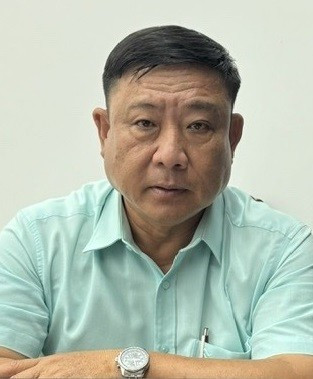
From the practical experience of more than 2 months of implementation, education management at the commune level has some initial difficulties. Accordingly, in terms of staffing, the commune has only one civil servant in charge of the education sector.
This civil servant has no expertise in managing and implementing educational work, but must perform educational management tasks at all three levels: preschool, primary, and secondary school, each level has a different management model.
To advise the Commune People's Committee to effectively carry out educational work in the locality, the Department of Culture and Society initially requested the Department of Education and Training to review and grasp the localities that have arranged and assigned education officers who are not qualified; from there, assign civil servants to support the locality for a limited period of time.
On the provincial side, there should be a plan for training and guidance to help commune-level education officials master the management of each level of education. Allow the commune to mobilize local teachers to work at the Department of Culture and Society in charge of the education sector. In the long term, I hope that the higher-level management agency will coordinate in training the team to do the education management work at the grassroots level; and pay attention to policies to support commune-level education officials.
In the current context, promoting digital transformation in education is urgent. We hope to support the organization of communication programs, seminars, and training courses widely so that the whole society, especially teachers, students, and administrators, clearly understand the role and benefits of digital transformation, improving the quality of teaching and learning. Provide guidance on investing in modern technology equipment that meets teaching requirements.
Continue to deploy a synchronous database system throughout the education sector so that learners can easily look up information and support management work, support teachers in managing timetables, transcripts and related information. Along with that, guide the application of artificial intelligence (AI) in education; convert traditional theoretical lectures into interactive, practical, experiential lessons, with the support of technology...
Mr. Le Van Bao - Principal of Tan Dong Primary School (Tan Dong, Tay Ninh): Need a "conductor" for commune-level education
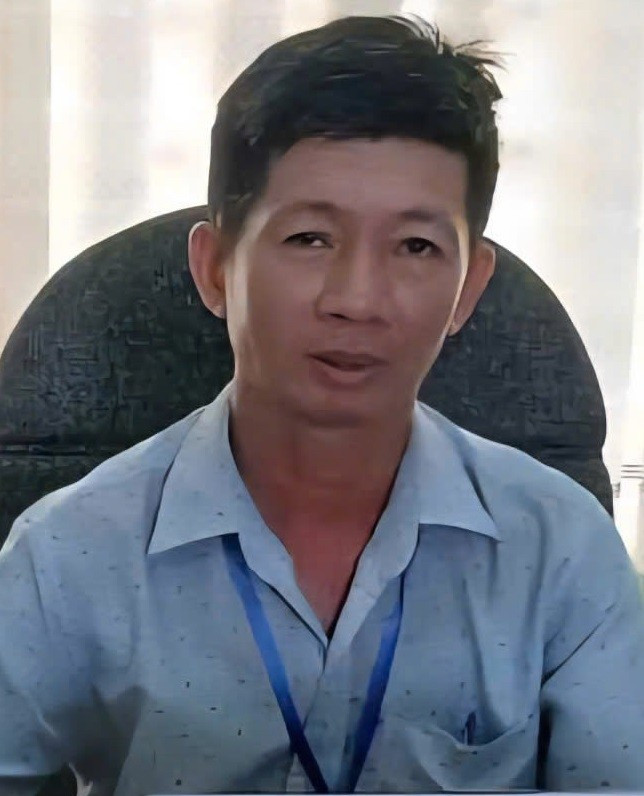
Coming from direct management experience, I believe that this job requires a comprehensive vision that only someone who has been a “conductor” at a school can grasp.
In fact, the current commune education officials have to manage from three levels of expertise, universalization, testing, competition, organization, inspection, to digital transformation, finance, library equipment... This volume is too large and diverse. Only the principal or vice principal - those who have directly managed all activities of a school, have enough experience and overall understanding to handle it effectively.
From there, I propose the core criteria for selecting personnel for this position: The person in charge must come from a school management background (principal, vice principal). In addition, two other important factors are local understanding (local people or long-time working in the commune) and good IT capacity to meet the digital transformation trend.
However, the major bottleneck that exists is the legal barrier: Commune-level education officials are “civil servants”, while principals and vice principals are “officials”. This makes direct mobilization and appointment difficult. Faced with this problem, I propose a temporary but extremely practical solution for the immediate period: to establish an “education support and advisory group” for the commune level.
This model will gather experienced principals and vice principals in the area. We can assign each level of education (preschool, primary, secondary) a manager to provide in-depth professional support. For general areas such as competition and digital transformation, a principal can be in charge of consulting for 2-3 areas.
The immediate solution not only solves the current shortage of specialized civil servants, but also creates a solid professional bridge between the commune government and schools. At the same time, it solves urgent problems while waiting for long-term policy adjustments, ensuring that educational management at the grassroots level is always operated by those with the most vision and practical experience.
Mr. Dang Ngoc Khoa - civil servant of the Department of Culture and Society (Long Coc, Phu Tho): Flexibly mobilize management staff and key teachers from schools
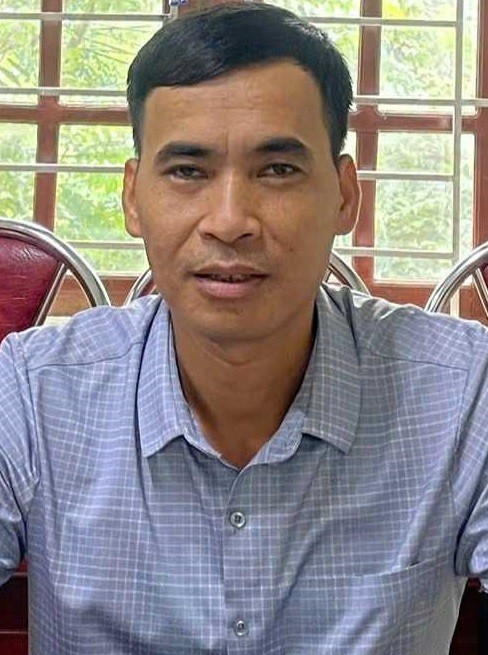
When implementing the two-level local government model, commune-level civil servants have seriously implemented the assignment of work positions by Party committees and authorities. Each civil servant has proactively studied the directives and instructions on the sector and field in charge to prepare mentally to work under the new model.
Although preparations were made, changes in regulations on decentralization, delegation of authority and other accompanying regulations caused commune civil servants to encounter many difficulties in accessing documents.
Furthermore, some civil servants are assigned to positions that do not correspond to their professional training, so the difficulties are doubled. This is especially true for civil servants assigned to be in charge of educational management at the People's Committee at the commune level.
We hope to receive increased support from officials and specialists of the Department of Education and Training in the initial phase; at the same time, we will increase training and development so that they can quickly access and effectively perform their assigned tasks.
Regarding the solution, in the short term, I think there should be a flexible mechanism allowing the People's Committee at the commune level to temporarily mobilize experienced managers or key teachers from schools in the area to support professional work for the Department of Culture and Society, especially during peak periods such as planning at the beginning of the school year or finalizing the year-end accounts.
The Departments of Education and Training proactively established mobile working groups, directly going to communes to "hold hands and show work", guide and support specialists from the Department of Culture and Social Affairs to handle new and complex tasks.
Training and development for communal-level civil servants is extremely necessary. Accordingly, short-term, formal training courses should be replaced by intensive training and development programs, with mandatory certifications based on job positions. Training content should focus on practical skills, problem-solving methods, and actual management situations at the grassroots level.
In particular, to attract and retain competent people to take on this challenging role at the commune level, it is necessary to develop appropriate remuneration policies. There should be policies similar to those for teachers (seniority allowances, incentives) to motivate managers and good teachers to accept transfer to work at specialized departments at the commune level.
Another very important requirement is to urgently build and deploy shared management software systems, connecting from the provincial level down to communes and schools. These systems must cover the areas of document management, human resources, finance and industry databases. This will significantly reduce the burden of manual reporting, increase transparency and management efficiency, as suggested by an official.
Faced with the increasing demands for educational management at the grassroots level, especially after the issuance of new documents such as Circular 15/2025/TT-BGDDT, the role of cultural and social civil servants in charge of education at the commune level is facing extremely difficult challenges. One person must undertake a workload that previously required the entire Department of Education and Training with many specialized departments. - Mr. Le Van Bao
Source: https://giaoducthoidai.vn/nang-cao-nang-luc-can-bo-giao-duc-cap-xa-phai-lam-gi-de-hoan-thanh-tot-nhiem-vu-post748232.html



![[Photo] Soldiers guard the fire and protect the forest](https://vphoto.vietnam.vn/thumb/1200x675/vietnam/resource/IMAGE/2025/9/27/7cab6a2afcf543558a98f4d87e9aaf95)








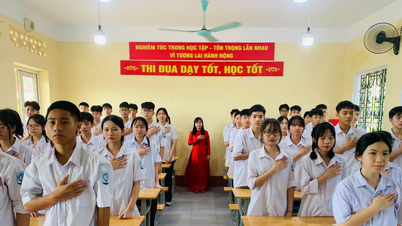


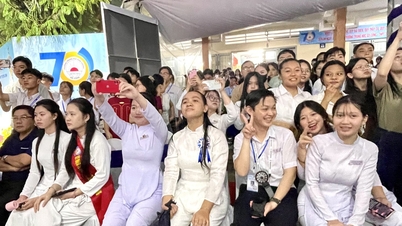





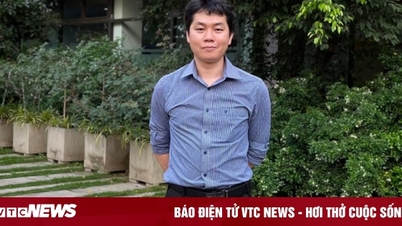








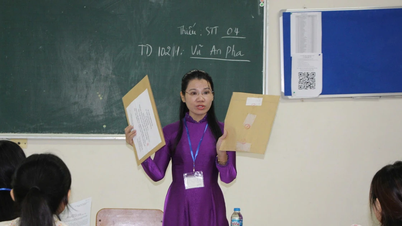

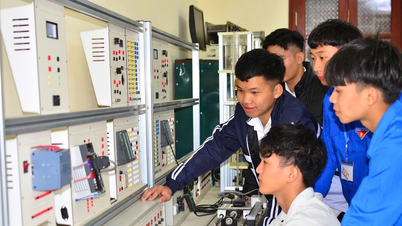

![[Photo] Prime Minister Pham Minh Chinh attends the 1st Hai Phong City Party Congress](https://vphoto.vietnam.vn/thumb/1200x675/vietnam/resource/IMAGE/2025/9/27/676f179ddf8c4b4c84b4cfc8f28a9550)
























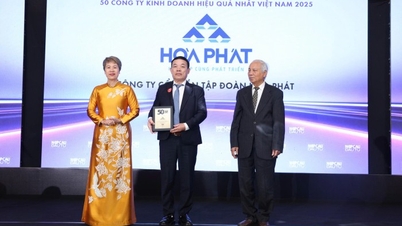




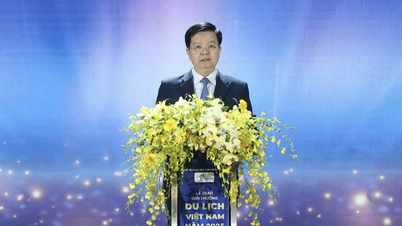









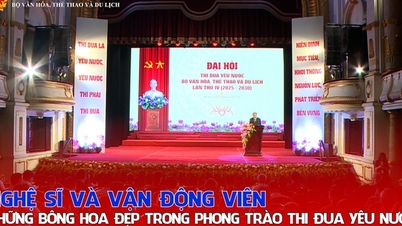



























Comment (0)